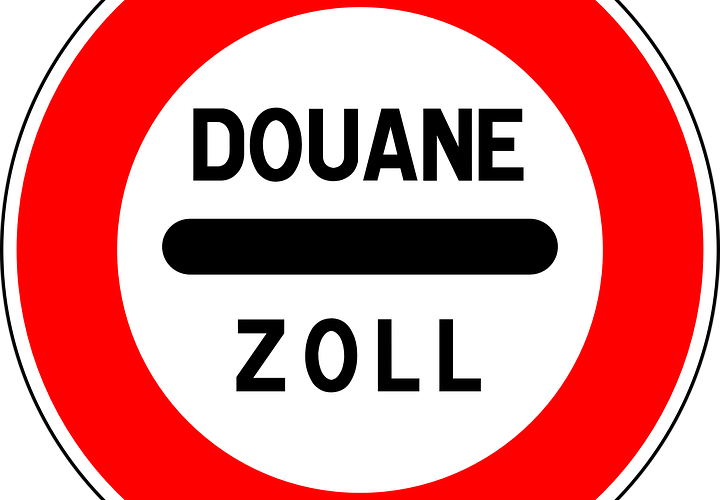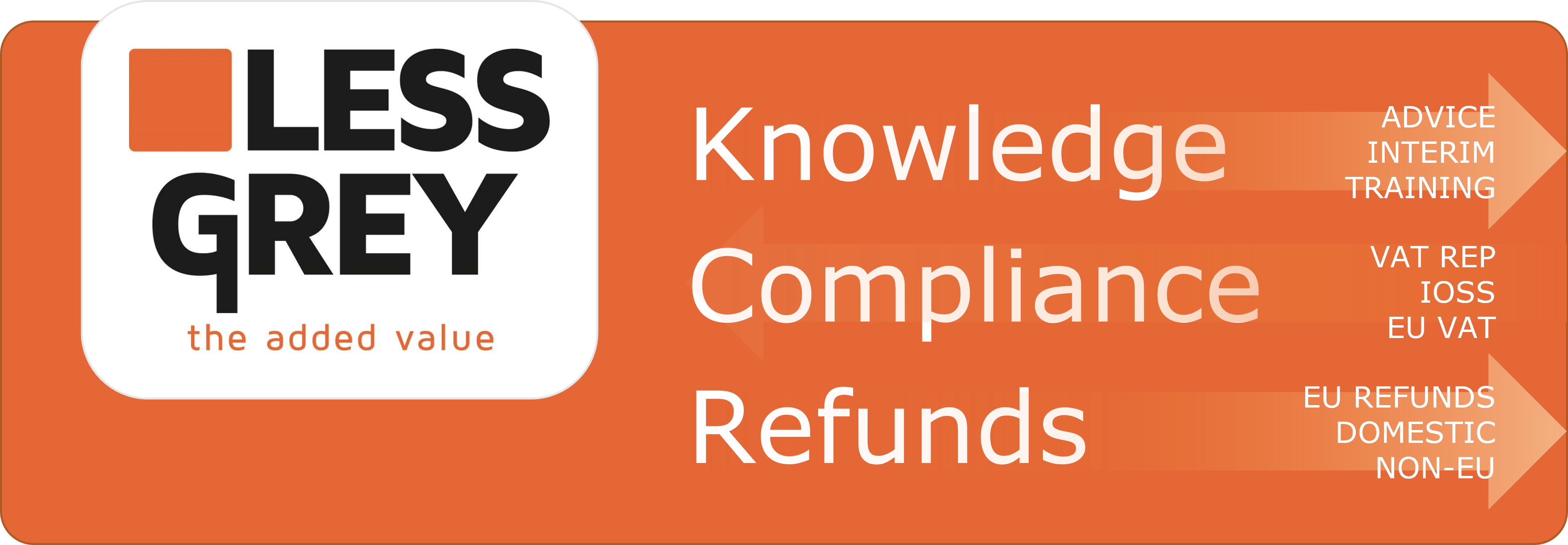On 10 July 2019, the European Court of Justice gave its judgment in case C-249/18 (CEVA Freight Holland BV). This case concerns a request to recover customs duties following a review of customs declarations.
Decision
1) Article 78 of Council Regulation (EEC) No 2913/92 of 12 October 1992 establishing the Community Customs Code, as amended by Regulation (EC) No 2700/2000 of the European Parliament and of the Council of 16 November 2000, must be interpreted as meaning that, if the declarant has the possibility to choose for the goods sold for export to the territory of the European Union, the price which can be taken into account as the basis for determining their customs value and is evidenced by a subsequent verification that the goods in question have been classified under an incorrect heading in his customs declaration, with the result that a higher customs duty applies, under that Article 78 may request that this declaration be revised for the price initially declared, with a view to reducing the customs debt ,to be replaced by a lower transaction price.
(2) Article 221 (1) and (3) of Regulation No 2913/92, as amended by Regulation No 2700/2000, must be interpreted as meaning that it is for the Member States, taking into account the principles of equivalence and effectiveness, to the date by which notification to the debtor of the amount of the duties with a view to interruption of the three-year limitation period of the customs debt, after which the customs debt has expired, must have taken place.
Unofficial translation
Facts (simplified):
CEVA Freight is a customs agent and, as such, it makes declarations in its own name and on its own account for release for free circulation. It made numerous declarations for release for free circulation in respect of various models of media players.
CEVA Freight classified those goods under two customs headings (8471 70 50 and 8517 62 00) which both gave rise to a corresponding duty rate of 0% in relation to the goods concerned. The customs authorities therefore released the media players without levy of import duties.
Afterwards, the customs authorities reviewed the declarations at issue and decided that the media players should be classified under a different customs subheading (8521 90 00), attracting a corresponding rate of duty of 13.9%.
The customs authorities based the value of the media players on the prices previously specified by CEVA Freight, which were the prices at which the undertakings concerned sold the players within the European Union.
However, CEVA Freight argued that the players should be valued on the basis of the lower transaction price which the Asian manufacturer had applied. That request was based on Article 78 of the Customs Code.
The customs authorities rejected CEVA Freight’s challenge on the grounds that: (i) when making the declarations, CEVA Freight had made a conscious choice between two prices, both of which could validly be used to determine the value of the goods for customs purposes; (ii) the prices CEVA Freight had specified in the customs declarations were correct; and (iii) Article 78 of the Customs Code does not provide declarants with an opportunity to review and subsequently change information entered in an import declaration unless it is incorrect or incomplete.
Judgment:
The ECJ rules as follows:
“1. Where the declarant has the option of choosing the price of the goods sold for export to the territory of the European Union which may be used as the basis of assessment for the the customs declaration which it has established entails an error in the customs classification of the goods concerned resulting in the application of a higher customs duty, it shall be may, on the basis of this Article 78, request the revision of this declaration to obtain the substitution of the initially indicated price of a lower transaction price in order to obtain the reduction of the amount of its customs debt.
2. It is for the Member States to determine, in accordance with principles of effectiveness and equivalence, the date on which the communication to the debtor of the amount of duty must be made for the purpose of interrupting the three-year limitation period after which the customs debt is extinguished.”
Source: Curia (French version, English version not yet available)















